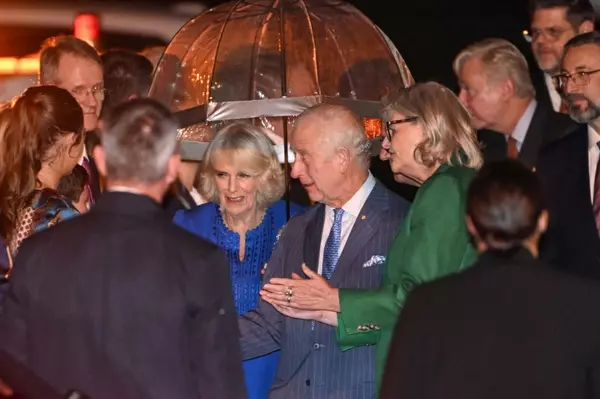
Dominic Cooper follows in the footsteps of John Malkovich and Johnny Depp who have starred, on stage and screen respectively, as Stephen Jeffreys’ titular hero: John Wilmot, Earl of Rochester, a Restoration poet, rake and rebel. Cooper rightly makes no attempt to charm the audience. Instead, he shows us a complex figure who writes like an angel, lives like a devil and who, for all his deathbed repentance, seems as doomed as Mozart’s Don Giovanni.
A key point of Jeffreys’ intriguing 1994 play is the gulf between art and life. Rochester was the inspiration for Dorimant in George Etherege’s The Man of Mode and Willmore in Aphra Behn’s The Rover. While they theatrically beguile us, Jeffreys suggests the reality was somewhat different. His Rochester treats his country wife with casual disdain, whores his way round London, is indirectly responsible for the death of a young spark and mercilessly lampoons his long-suffering patron, Charles II. An incessant drinker, he ends up dead at 33.

If Jeffreys explodes the myth of the debonair Restoration rakehell, he also captures the inquiring intelligence of the real Rochester. He has the wit to recognise that “all men would be cowards if they had the courage”. He teaches the aspiring actor Elizabeth Barry to replace rhetoric with true feeling. In one of the play’s sharpest scenes, he jettisons a dutiful family portrait to pose with a monkey. It’s good because it reveals both Rochester’s deplorable cruelty to his wife and his awareness of the absurdity of the human animal. The portrait also inspired a revealing biography by Graham Greene, Lord Rochester’s Monkey, on which Jeffreys has obviously drawn.
I wish Jeffreys had paid more tribute to Rochester the poet, whose A Satyr Against Mankind offers a lethal assault on bloodless rationalism. And although it is unusual to see a second act at the Haymarket begin with a chorus of women brandishing giant dildos, he too readily accepts that Rochester was the author of the pornographic playlet from which that incident comes. But like April de Angelis in Playhouse Creatures and Jessica Swale in Nell Gwynn, he captures the zesty backstage politics of Restoration theatre. Above all, he suggests that Rochester, in exposing the gulf between the ideal and the real, was a philosophical libertine.

Terry Johnson’s production and Tim Shortall’s design, with its gilded proscenium arch, astutely remind us of the constant tension between theatre and life, and Cooper is totally commanding as Rochester. He lends the character a brooding inwardness so that, even in the midst of his boorish boozing and debauchery, you feel there is a speculative mind at work. Cooper doesn’t play for sympathy, but allows the audience to make its own moral judgment about a complicated hero. He is extremely well supported by Ophelia Lovibond as the independent-minded Mrs Barry, Alice Bailey Johnson as Rochester’s rusticated wife and Jasper Britton, who plausibly makes Charles II a tetchy hedonist. The play may be too lewd for prudes, but it offers an invigorating, warts-and-all portrait of a self-destructive sceptic.
• At Theatre Royal Haymarket, London, until 3 December. Box office: 020-7930 8800.
• This article was amended on 28 September 2016. An earlier version of the subheading incorrectly named the lead character as John Rochester and a caption gave the name of a character, Elizabeth Barry, rather than the actor playing her (Ophelia Lovibond).







